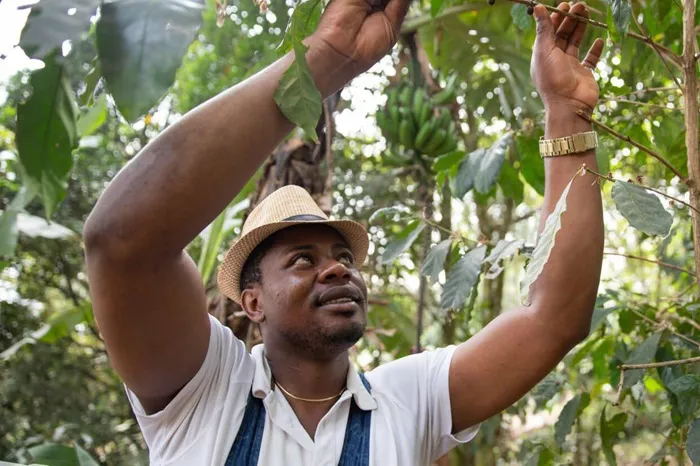The CLEAR Supply Chains project has initiated a training program aimed at empowering employers and workers in Uganda’s coffee sector to enhance their collective bargaining capabilities. This initiative is particularly crucial as the ability to freely form or join organizations and engage in collective bargaining are recognized as fundamental principles at work. Despite their significance in combating child labor, these principles are often overlooked in discussions surrounding this critical issue.
In a bid to bolster the voices of coffee farmers and workers, especially those operating in the informal sector, the project emphasizes the need for organization. This foundation is vital for negotiating Collective Bargaining Agreements (CBAs) that directly address the root causes of child labor. Potential provisions in these agreements may include commitments from companies not to source from suppliers utilizing child labor, sponsoring children’s education, and establishing monitoring mechanisms within the coffee supply chain.
In September 2023, the CLEAR Supply Chains project commenced consultations with Uganda’s employers and workers’ organizations to evaluate the status of freedom of association and collective bargaining within the coffee supply chain. Findings indicated a low membership rate among coffee farmers and workers in trade unions. Although some CBAs exist in the sector, they frequently lack essential clauses addressing child labor, non-discrimination, and occupational health and safety.
To improve social dialogue and promote a holistic approach that incorporates all five fundamental principles and rights at work, the International Labour Organization (ILO) developed a capacity-building program for employers and workers’ organizations in Uganda. The program launched with a training session in May 2024 in Entebbe, focusing on the significance of integrating these principles for leaders of the National Organization of Trade Unions (NOTU), the Central Organization of Free Trade Unions (COFTU), and the Federation of Ugandan Employers (FUE), along with their affiliates in the coffee supply chain. In collaboration with the Ministry of Gender, Labour and Social Development, the groups formulated action plans aimed at enhancing the ability to prepare and negotiate CBAs that foster labor-management partnerships and address child labor, discrimination, and occupational safety.
In response to the action plan, the CLEAR Supply Chains project conducted a specialized training session from October 7 to 12, 2024, focusing on freedom of association and collective bargaining. ILO specialist Daniel Cork led the session at the ILO office in Kampala, training seven representatives from coffee companies and the FUE, as well as 18 worker representatives. The session also featured co-facilitation by Mban Kabu, ILO Workers Specialist.
Participants learned to identify stakeholders, understand common interests, and effectively negotiate CBAs. The training included practical examples of CBAs that encompass child labor, non-discrimination, and occupational health and safety clauses, culminating in a mock negotiation exercise. Worker representatives left with an action plan aimed at enhancing the organization of various worker categories and expanding collective bargaining coverage across Uganda’s coffee supply chain.
Feedback from the training was overwhelmingly positive, with participants expressing motivation to engage in CBAs and to devise strategies for amplifying the collective voice of seasonal workers, including casual laborers involved in coffee handling and processing. However, the need for follow-up training was highlighted to further develop skills in organizing workers, particularly those in the informal economy, mapping stakeholders, and addressing gaps in labor rights protection within Uganda’s legal and regulatory framework.
With the impending implementation of the European Union’s Corporate Sustainability Due Diligence Directive, which explicitly addresses all five fundamental principles and rights at work, there exists a significant opportunity for both employers and workers’ organizations. By strengthening their capacities, they can promote decent work and combat child labor within Uganda’s coffee value chain through expanded collective bargaining efforts.
Related Topics:
Join the Coffee Conversation: Black Rifle’s Investor Day Rescheduled
Brewing Change: Coffee House Concert Raises $1,300 for Seniors!
Get Your Free Coffee! Wawa Launches New Store in Piscataway Today!

